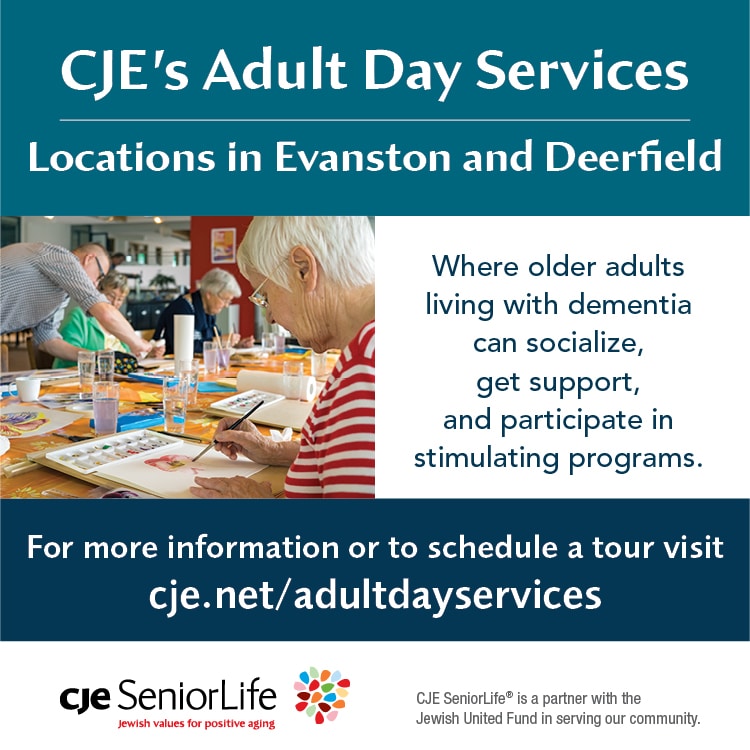What to expect when you’re expecting during the coronavirus outbreak
Melanie Chervinko was nearing the end of her pregnancy in mid-March, when Covid-19 began escalating in the Chicago area. Soon, she found her plans for labor and delivery upended. “We ended up on lockdown about a week before we went to the hospital,” says the 30-year-old Naperville resident.
Her husband, TJ, couldn’t go with her to her weekly doctor’s appointments, and they both were worried that he wouldn’t be able to be in the delivery room with her.
“The more pregnant I was getting, the worse Covid was getting,” Chervinko says. “I was terrified that TJ wouldn’t be there with me.”
At the hospital, TJ was allowed to stay in the delivery room, but he could not leave other than to get coffee down the hall. When they came home with their healthy newborn daughter, Liliana, three days later, they didn’t realize they’d be sheltering at home without visitors or help for months. Lily’s grandparents finally got to hold her (with their masks on) when she was 11 weeks old.
“Not only was it hard for them, it was hard for us, because we didn’t get a break,” Chervinko says. “Once TJ went back to work, it was just me and her all day long.”
While expecting a baby is a time of excitement and hope, it’s normal for new parents to feel nervous, too. The pandemic has only added to the stress of pregnancy and delivery.
Impact on pregnancy
Because Covid-19 is a new disease, its effects on pregnancy aren’t well-known. Pregnant women with Covid-19 may be more likely than nonpregnant women with Covid-19 to need breathing support or care in an intensive care unit, according to the American College of Obstetricians and Gynecologists. But specialists say that pregnant women generally are faring well.
“The positive news is the info we have from third-trimester exposure is fairly reassuring overall, in the sense that there does not seem to be an increase in maternal illness due to Covid-19,” says Priya Rajan, MD, a maternal/fetal medicine specialist at Northwestern Medicine. However, she adds, “We don’t know what first and second-trimester exposure mean at this time.”
Fortunately, pregnant women haven’t been disproportionately affected by Covid-19, says Julie Springer, MD, an obstetrician/gynecologist at Northwest Women’s Consultants in Arlington Heights. “Most viruses and illnesses affect the young, the old, and the pregnant, but this appears to affect primarily the old,” she says. “Still, because of the unknown and the newness of it, it has been a scary time.”
Prenatal precautions
Obstetricians and gynecologists have changed their practices to make healthcare safer for pregnant people, including limiting the number of individuals at appointments. Regular prenatal care is still important, though.
“Patients need to balance their anxiety about coming in and anxiety about not coming in,” Rajan says. “There are certain aspects of prenatal care that are essential, like testing for gestational diabetes and monitoring your blood pressure.”
Otherwise, Springer says, “Women should follow their normal prenatal care but take the extra step of [avoiding] sick people and not doing anything that would put you at higher risk of getting Covid.” Precautions include frequently washing hands, maintaining physical distance from others when possible, and cleaning and sanitizing frequently touched surfaces.
Labor and delivery
Beyond office checkups, labor and delivery protocols at hospitals have changed. For example, many hospitals allow a woman to bring only one support person in the delivery room.
Pregnant people who test positive for Covid-19 stay in isolation rooms, separate from the general labor and delivery unit. Partners and support people are not allowed into this unit, Rajan says.
If the mother has Covid-19, initial guidance from the American Academy of Pediatrics was for hospitals to have the infant stay in the nursery rather than in the mother’s room. Now, if a mother has Covid-19, she can still room-in with her newborn. They are only briefly separated before the infant is returned to the room.
“While the majority of information we have so far suggests that infants who become infected with Covid tend to do well, we are still so early in understanding this disease,” Rajan explains. “I still believe that a hospital is the safest place to have a baby, hands down.”
Caring for a newborn
Once at home, new families should limit visitors, especially early in the newborn’s life, and be even more diligent about handwashing and sanitizing. Don’t let others kiss or touch your baby’s face. Avoid exposing your infant (or yourself) to anyone who is sick.
These restrictions can be isolating, especially for first-time parents. “I’ve been worried about my patients’ mental health,” Springer says. “So I’ve been encouraging them to stay connected with people who are close to them, reaching out when they feel isolated or need help. New parents really need the support, even if from a distance.”
And despite the fear of Covid-19, individuals need to keep regular postpartum and pediatric appointments. “You still have to get your regular checkups and bring your baby in, so that your baby stays healthy,” Springer says.
Finally, don’t let Covid-19 overshadow the excitement of this time.
“It’s a scary time, but it doesn’t change the fact that having a baby is an amazing and wonderful thing to have happen,” Rajan says. “The happiest moments I have are when I deliver a healthy baby. It’s a moment of pure joy in the middle of all this madness.”
For Melanie and TJ Chervinko, having a newborn during a pandemic isn’t what they expected, but they’re managing, and they’re limiting their family’s potential exposure.
“Our immediate family has been holding her with masks on, but we’re not comfortable completely letting our guard down — the fear is still there,” Melanie says.
“It will be hard, but this will be over eventually,” she adds. The shadow of the pandemic pales with the joy of holding her baby, Lily. “I get all this time with her and all this bonding. I don’t think I can put a price on that in this hectic world. I’m so glad I have my little buddy with me all the time.”
Photo courtesy of Melanie Chervinko. Originally published in the Fall 2020/Winter 2021 print issue.

Kelly K. James is a longtime freelancer who covers health, fitness and wellness topics from Downers Grove, where she lives with her family.












